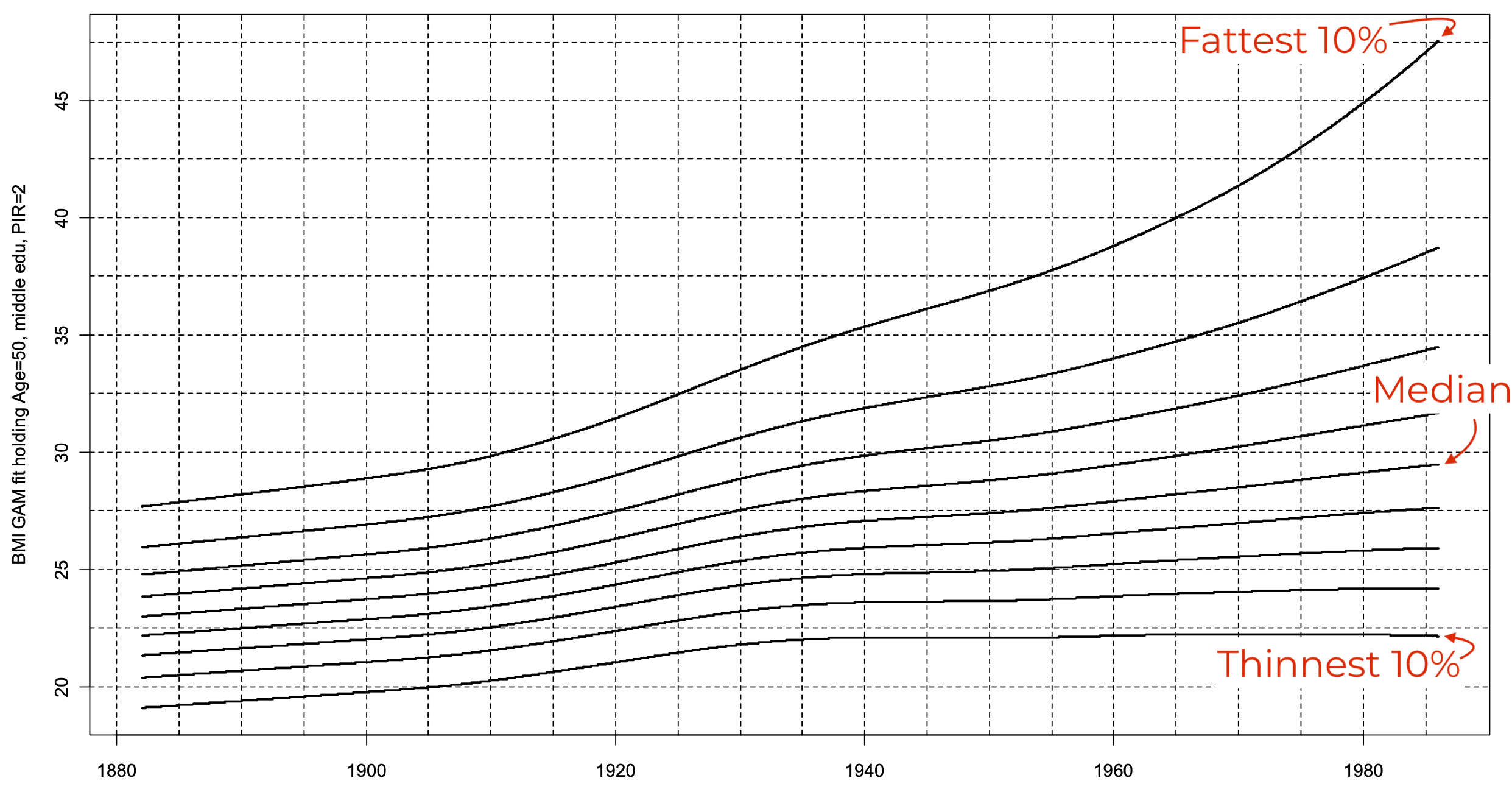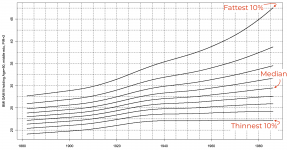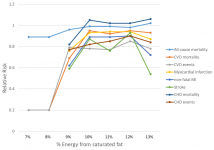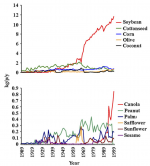The other important strand is a blog called
Overcoming Bias. Nowadays it seems to have migrated to Substack, but it's been around at least two decades, for most of its life a standard HTML/RSS blog. The main two writers on Overcoming Bias were
Robin Hanson (George Mason University economist) and Eliezer Yudkowsky.
This intellectual strand of rationalism originates with the behavioral economics work of Kahneman and Tversky on cognitive biases. The idea was that if you familiarized yourself with the literature around bias, you could take active steps to mitigating that bias, and make better decisions.
Better decision-making in general was a focus of LessWrong. One of the areas where Yudkowsky has contributed genuinely novel, academically adopted ideas is
timeless decision theory. There are lots of weird paradoxes that come up around this stuff—
Newcomb's Paradox is a bit of a mind-bender. Roko's Basilisk is related and more famous (although Yudkowsky did not originate it, and has been publicly dismissive).
Finally, an emphasis on replacing frequentist statistics with Bayesian statistics. That's a whole can of worms—it's still an ongoing debate in the community whether we calculate Bayesian priors in the real world, whether it's just a metaphor, whether it's meaningless jargon. (See e.g. this lengthy dive into
lab leak debate epistemology, which is a fascinating narrative in its own right.)









